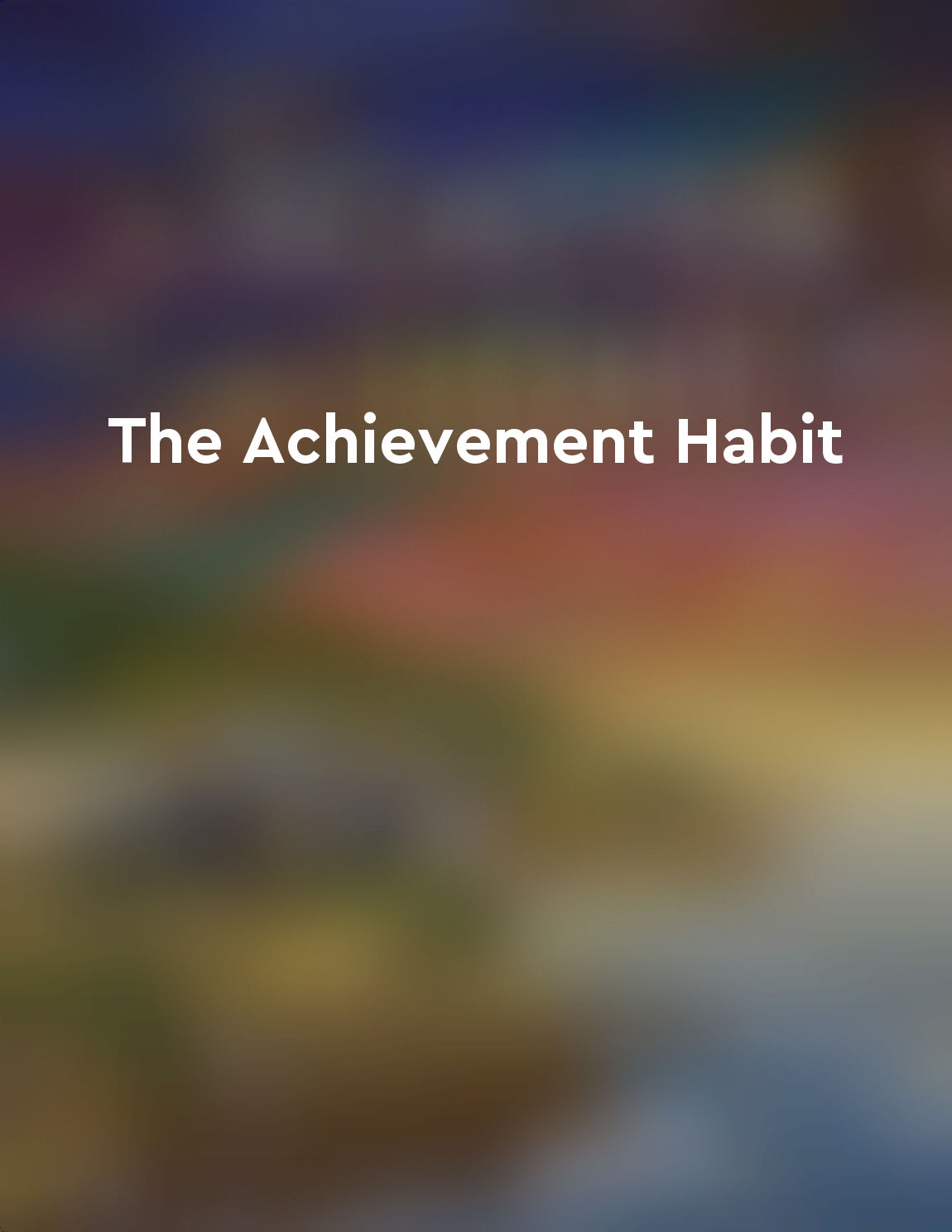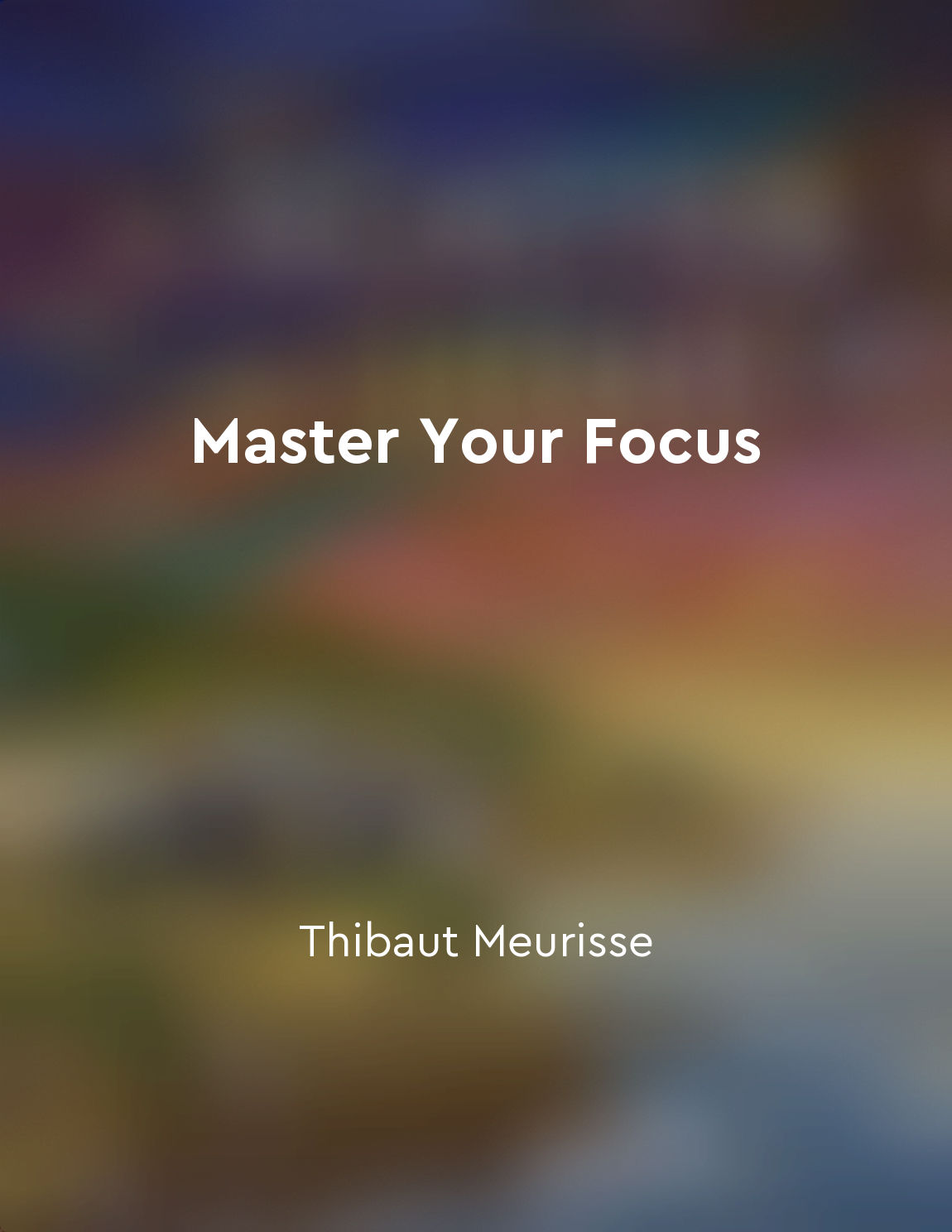Pair new habits with established ones for success from "summary" of Tiny Habits by B. J. Fogg
To create a new habit, pair it with an established one. This strategy is effective because it leverages the power of existing routines. When you link a new habit to something you already do consistently, you are more likely to remember to do it. For example, if you want to start flossing your teeth every day, you can attach this new behavior to brushing your teeth. After you brush, you floss. This way, you are piggybacking on a habit that is already ingrained in your daily routine. By connecting a new habit to an established one, you make it easier for yourself to remember to do it. Your existing habit serves as a cue for the new one. This technique is simple yet powerful because it capitalizes on the automatic nature of habits. When you associate a new behavior with something you already do without much thought, you are more likely to follow through consistently. Pairing new habits with established ones also helps in creating a sense of momentum. As you build on existing routines, you start to see progress and positive changes in your life. This can be motivating and encouraging, reinforcing your commitment to your new habits. Over time, these small wins can add up to significant improvements in your overall well-being. Moreover, linking new habits to established ones can facilitate the development of a routine. When you consistently perform a behavior in the context of another one, it becomes more ingrained in your daily life. This increases the likelihood of long-term adherence to the new habit. By embedding it within the framework of your existing routines, you are setting yourself up for success. Incorporating new habits into your life is a gradual process. By integrating them with established ones, you are making it easier for yourself to adopt and maintain these behaviors. This approach is not only practical but also sustainable in the long run. As you continue to pair new habits with established ones, you are paving the way for lasting change and personal growth.Similar Posts
Small wins create momentum for habit change
The idea that small wins can lead to big changes is a central tenet of understanding how habits work. When we focus on making s...
Change occurs through consistent small actions
The idea that change occurs through consistent small actions is a central theme in The Power of Habit. According to Duhigg, hab...
Small habits can lead to extraordinary outcomes
When we think about making changes in our lives, we often focus on the big goals we want to achieve. We set our sights on the e...
Overcoming setbacks is part of the selfdiscipline journey
Setbacks are an inevitable part of the self-discipline journey. They test our resolve and determination, pushing us to our limi...
Institutional habits can be changed by identifying key personnel
Institutional habits can be changed by identifying key personnel within an organization. These key personnel are often referred...

Be grateful for what you have
Gratitude is a powerful concept that can have a profound impact on our lives. It is about appreciating what we already have, ra...
Habit formation can be influenced by external factors
External factors play a significant role in shaping our habits. According to research, habits are formed in a loop that consist...
We often give in to shortterm desires
It's no secret that when it comes to making choices, our brains often prioritize short-term rewards over long-term goals. We fi...
The Strategy of Monitoring helps us stay accountable
The Strategy of Monitoring is a powerful tool that can help us stay accountable to ourselves and our goals. By keeping track of...

Embrace failure as a learning opportunity
When we encounter failure, our natural instinct is often to avoid it at all costs. We see it as a setback, a sign that we are n...
